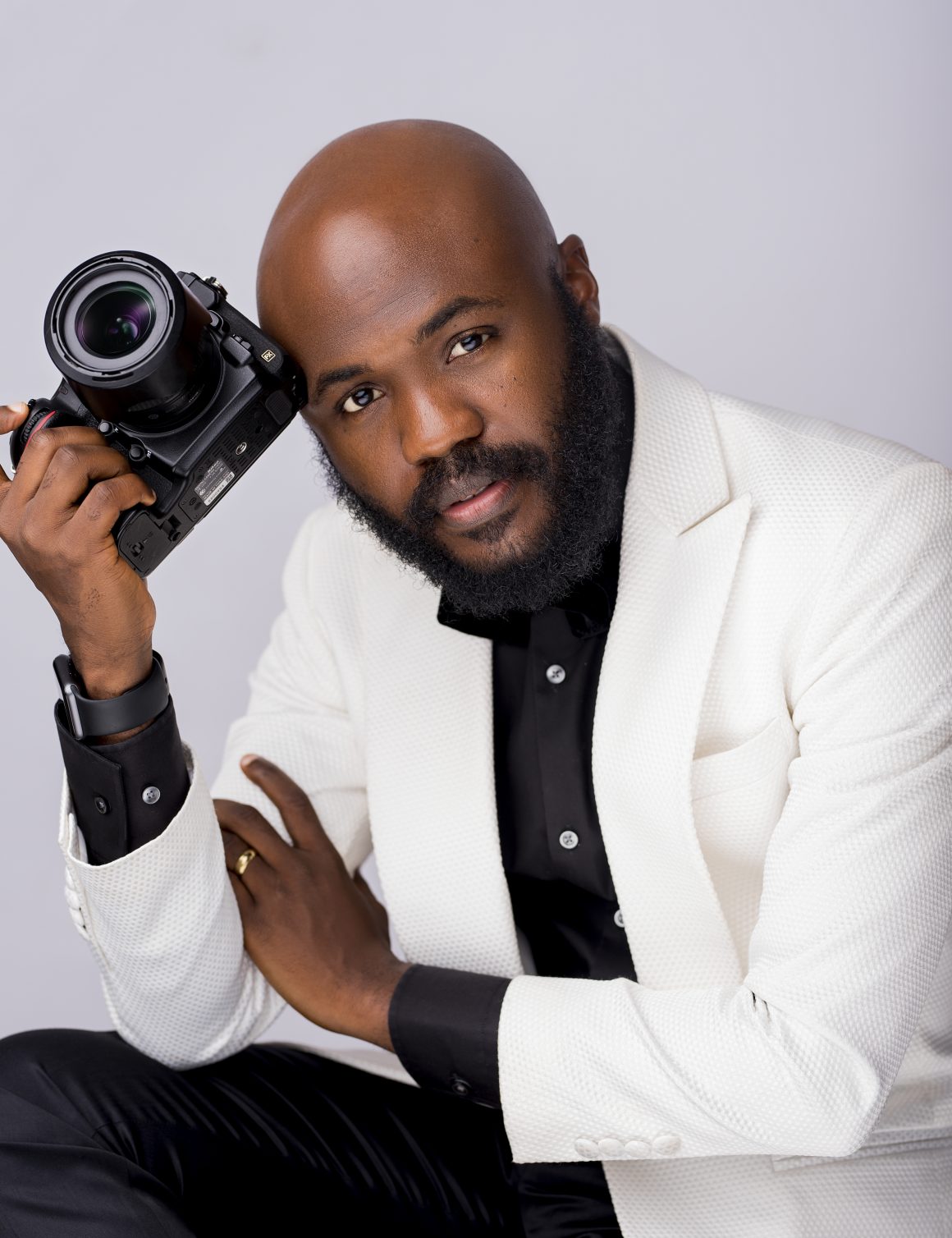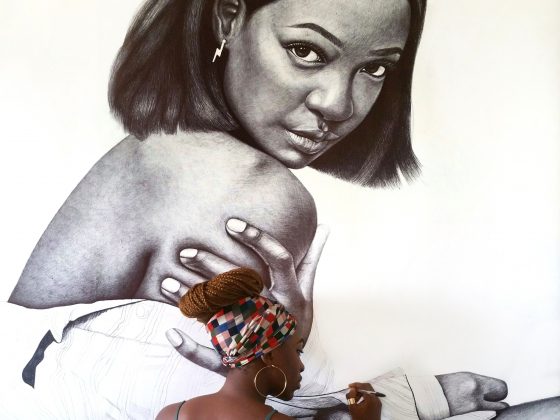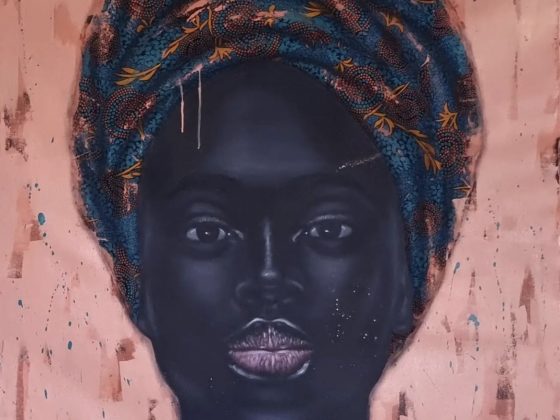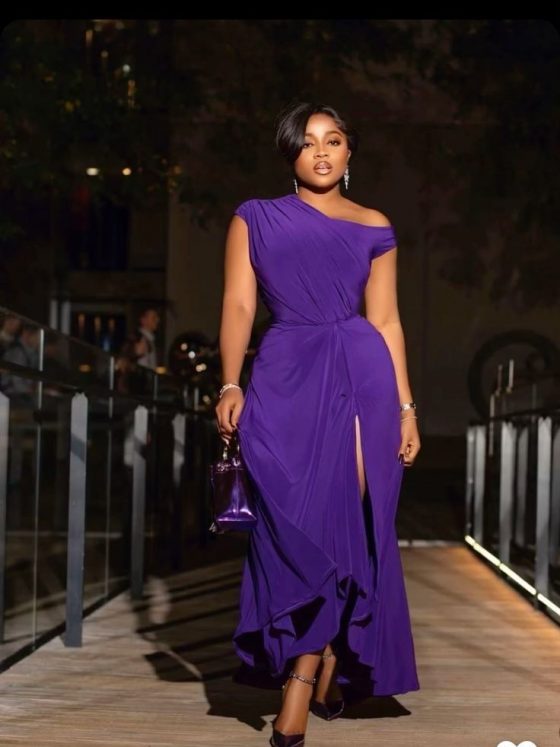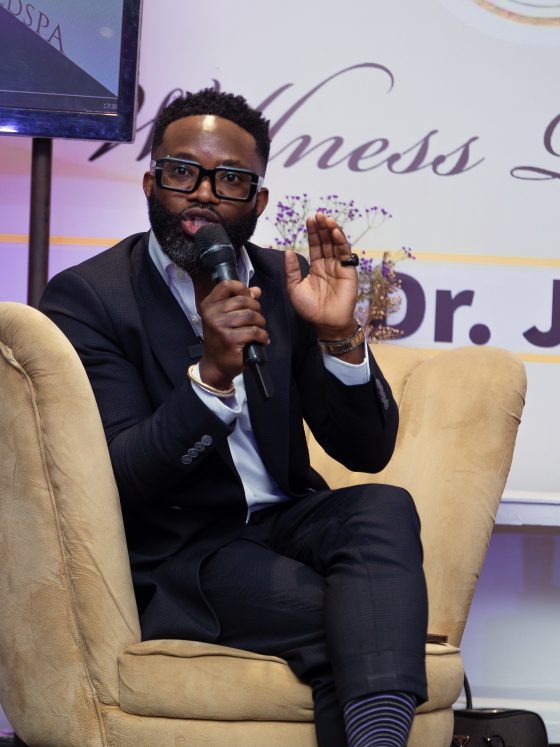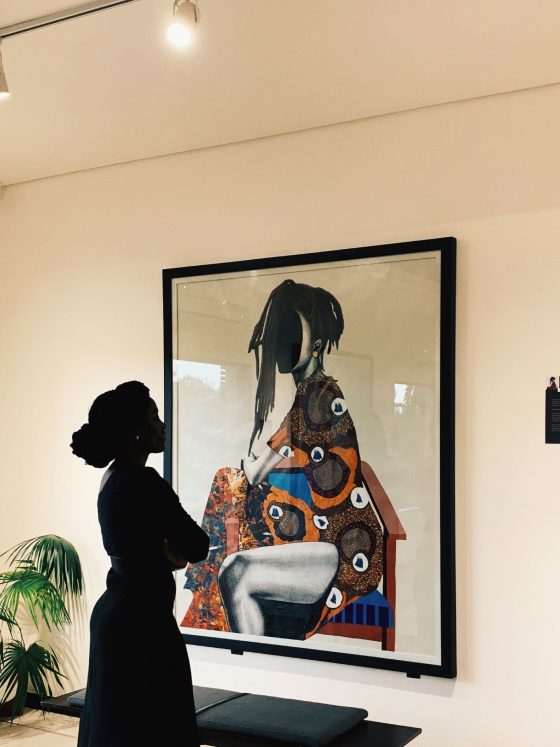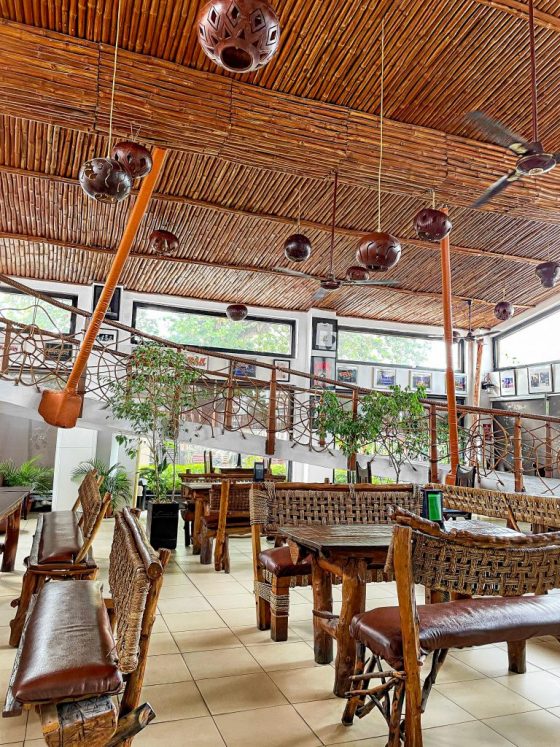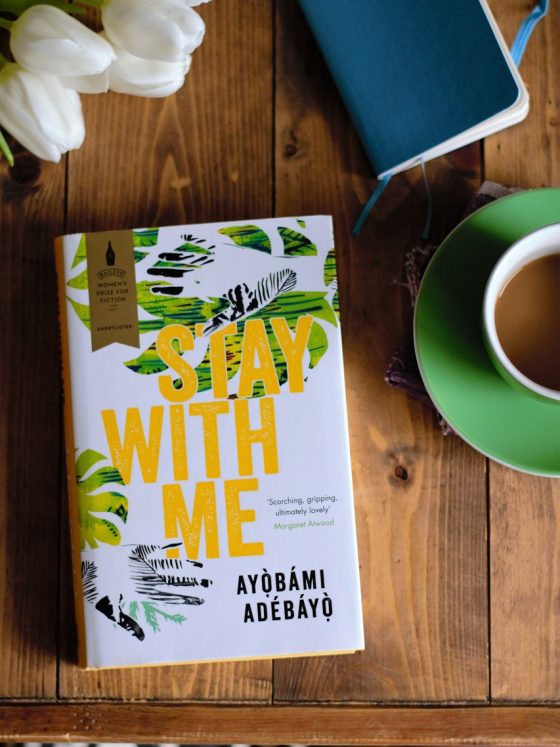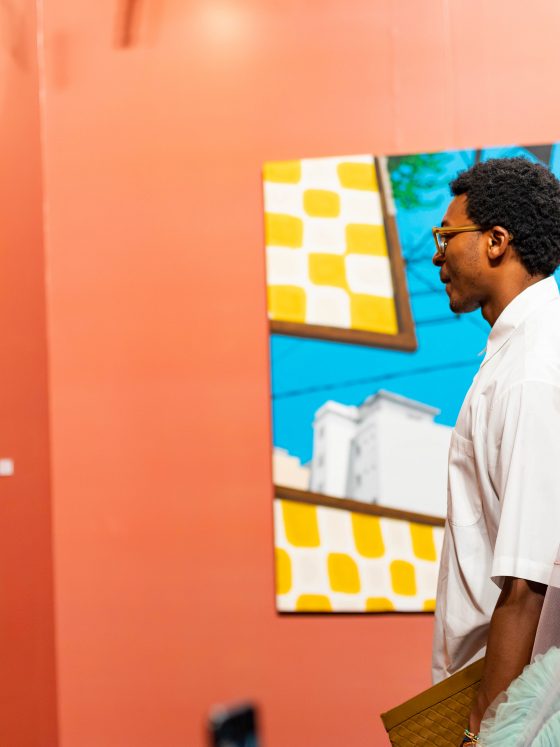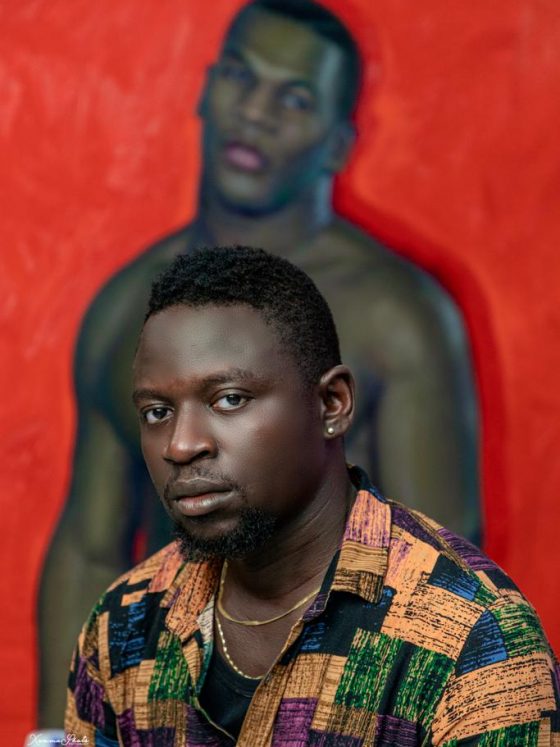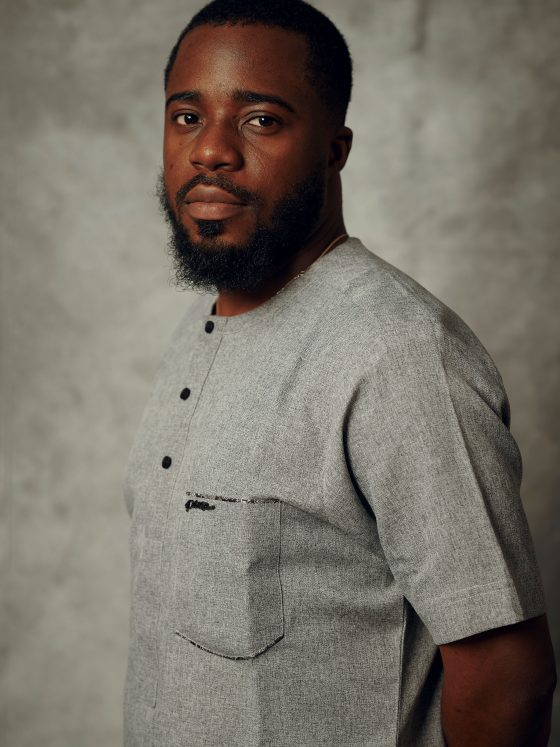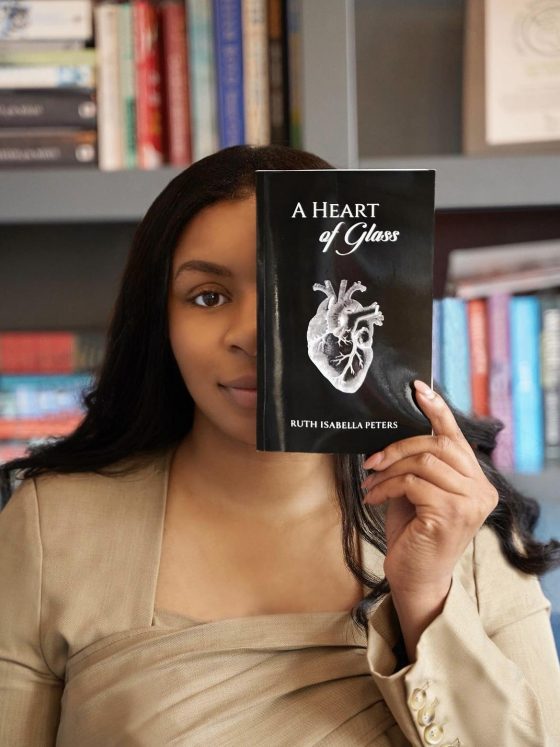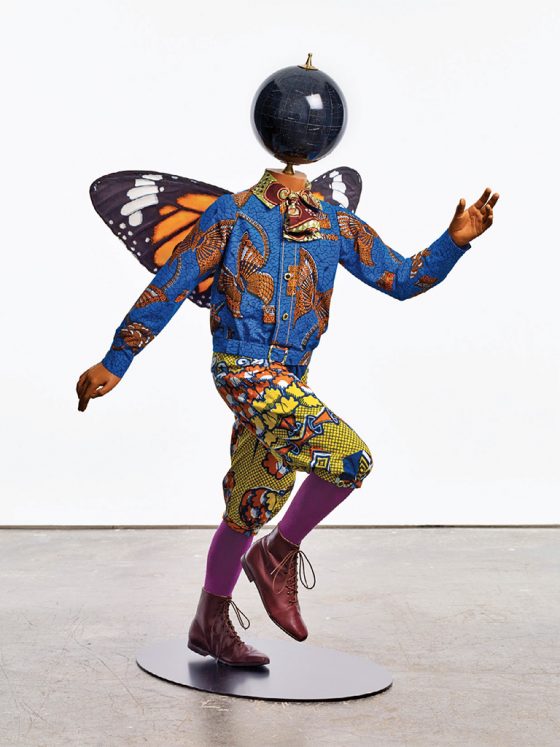Following the footsteps of photography legends like Ty Bello and Kelechi Amadi came a new crop of photographers who were pushed not only by their passion but by the need to etch a living. Their work cut across portrait, art, fashion and documentary. Their classrooms were the repeated failed shoots that soon achieved perfection. Passion was their only drive. They made the dream of instant affordable photoshoots achievable. They became the new go-to.
Of this group, one name stands out – George Okoro. Even though he seems to have more of a presence in his city of residence, Abuja and the northern part of Nigeria, he’s constantly touring the nation, leaving a trail of his signature photography behind him.
His state of the art studio, located in the Tropical Galleria Mall, Central Business District, Abuja, has become a pilgrim of sorts to anyone looking to freeze their beautiful moments in a frame.
Speaking to Konye Chelsea Nwabogor, he takes us down memory lane to his early days in photography and then shares his plans for the future.
The Photography industry has undergone significant changes over the last few years. Some would say it has become a bit saturated. How have you been able to stay on top of your game?
Yes, the industry has seen a lot of positive changes over the years. Still, when it comes to it being saturated, I would not agree 100% because I feel like- as much as we have a concentration of photographers in Lagos and Abuja, we have other major cities that still need professional photographers. I believe the ability to scale, innovate, and understand the market has kept me relevant in the industry in Nigeria today.
In 2019, I started George Okoro studios (TM) — which is different from George Okoro as an individual photographer.
You can book an appointment or walk into the studio and book for a photo session, or book for a photographer for your event without necessarily looking for George Okoro – the individual. That way, I could scale the business and have it run independently of me.
Today we have two branches in Abuja, and we are currently expanding into Kano and Lagos.
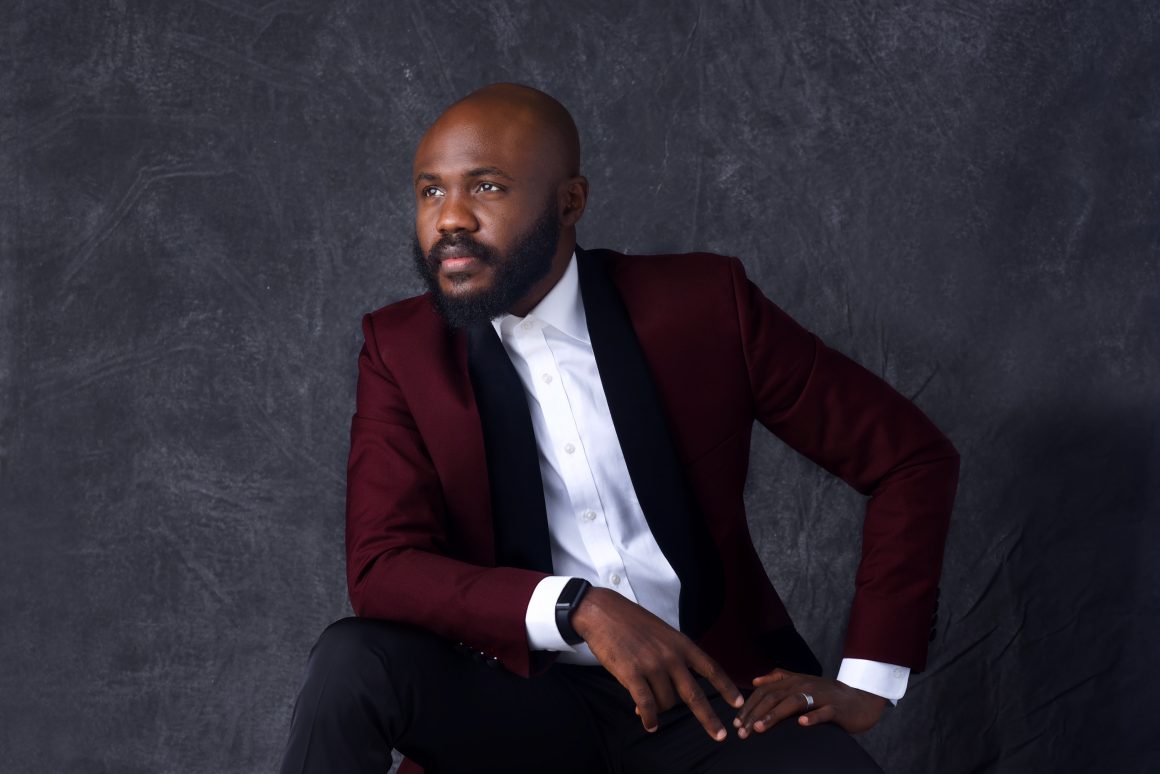
What do you think separates a good photographer from an outstanding one
For me, I think two things will make you stand out as a photographer. One is your ability to connect with your subject, the human being or the landscape you’re trying to photograph. There has to be some form of connection and understanding with the photographer. As I always say, you connect before you click. Secondly is the eyes- the greatest tool every photographer has is their eyes— how do you see things? Your ability to see things differently. I think these are the two main things combined. A great eye and connection with the subject will make you stand out.
Let’s take you back a bit; how did you venture into photography? I remember you started as a wedding photographer. Has it always been a passion?
So photography for me was something I always enjoyed doing as a teenager. I never really saw myself taking it up as a profession. Growing up, I always thought the digital camera was so cool. I saw my family members that stayed on Broadway come home for Christmas, and they all had a small point-and-shoot camera, and I wanted one so badly. It was from there my love for taking pictures started.
I remember back then when I was in university and spent a lot of time in the back of the lecture hall taking pictures of friends instead of listening inside the lecture hall.
When I moved over to Abuja, I started my career as a banker and then worked in the telecom sector. But during this time, I kept asking myself, “what is that one thing that I enjoy doing that can put food on the table?” and my mind kept taking me back to photography- back to my camera.
I finally purchased a Camera and started taking photos in Abuja, and no, I didn’t start by shooting weddings; I began with shooting birthdays. I built a website called mybirthdaypictures.com, so when I took pictures of people’s birthday events, I posted them there. I celebrated them, and when they requested their photographs, I sent them a link to go on the website to view the pictures. They got so excited to share the link with their friends and family, and that way, I was able to build a platform for my service. And then, when people requested my service, I was able to put a price on it. So that’s how I started.
Do you remember your first photoshoot with a prominent client? Who was it, and how did it go?
During the early days of my career, I was fortunate enough to photograph a lot of people from prominent backgrounds. I honestly can’t remember the first prominent person, but I know that my clientele has always ranged from the First Families to people from Royal families to Governors, Ministers, Senators. I was blessed with a lot of prominent families in my portfolio when I started, especially when I began photographing weddings. It was one prominent family to the other, so I cannot tell you exactly which one was the first one.
I knew that most of the shoots turned out great because that’s how I kept getting one referral after the other.
What changes have you seen in the photography industry from when you started till now?
So, one thing for sure is that the industry has experienced a lot of growth. Today, we have lots of passionate young photographers in the industry, unlike before, and they are doing very well. Additionally, we have more value placed on the industry today, and we also have clients that appreciate the service and are willing to pay more for creativity.
Today in the industry, we have top photography manufacturer brands like Sony Canon present in Nigeria and building partnerships with local photographers and signing endorsements because they have seen how influential they are and the level of impact they have in Africa.
What’s the Abuja photo industry like? Is it as saturated as that of Lagos?
The industry in Abuja is growing at a very fast pace, but it’s not as saturated as in Lagos. However, as photographers, we are not limited to a specific location. A photographer from Abuja can photograph anywhere globally; that’s the beauty of the industry.
So we have photographers from Lagos coming to Abuja and vice versa, and we also have photographers from Abuja take on photography jobs around the world. So, in general, I don’t think Nigeria’s photography industry as a whole is saturated.
Yes, we have places with a concentration of photographers like Lagos Abuja, Kano, Port Harcourt, but we still need more photographers to help diversify the creative space.
As a photographer living in Nigeria, what would you say has been your biggest challenge?
Right now, one thing I can tell you for sure is that the current exchange rate is killing photographers in Nigeria because all the equipment and gears that we need to function effectively as photographers need to be imported. They are all manufactured abroad, and the current exchange rate makes it very difficult for photographers to either purchase new equipment or upgrade existing ones that will enable us to compete globally.
The current security situation in the country is also having a significant impact on the industry because photographers travel a lot, either for event coverage or documentary purposes. Currently, many photographers turn down jobs that require them to travel to some of these areas considered unsafe at the moment. This definitely has an impact on their revenue.
What photographers would you say have influenced your work?
So I have several photographers that influenced my decision to pick up the camera for a living—both locally and internationally. Obi Somto was the first photographer I called to say that I wanted to quit my job and pick up the camera for a living, and he encouraged me back then. We also have the likes of Jide Alakija, Aisha Augie, Aisha Pixels and Dudu guy.
Do you believe that photography has the transformative power to make some difference in today’s society? (If so, in what way precisely)
The media, in general, has the power to transform society, and photography is an integral part of media and storytelling. Besides media, photography as a whole is now embedded in every aspect of our social life and businesses. It has a significant impact on social media; everybody uses pictures to tell their stories, build a personal brand, and sell their product. So you find out that every day from when you wake up in the morning till when you go to bed, you engage with a lot of photography even without knowing it. So ideally, I would say that photography is one of the most powerful tools you can use to change the world.
What’s your most memorable shoot to date?
Every photoshoot is unique and memorable in its own way. But one photoshoot that keeps coming to mind when I’m asked this question is when I photographed South African TV personality – Bonang Matheba. It sticks out because of the amount of time we spent on the set. After spending so much time planning and setting up for that particular shoot, we ended up spending less than 15 minutes photographing her because she was running late and had to catch a flight. But the images turned out to be so amazing, even though it took us one year to publish them. However, the moment we did, everybody loved it.
What is the one thing you wish you knew when you started taking photos?
Honestly, there’s nothing that I wish I knew. I mean, I enjoy the new things I have learned, but the mistakes I made have helped shape my career today, so there’s nothing I wish I knew, but I am glad for the things that I learn every day.
What can we look forward to seeing from George Okoro in the near future? Our long-term goal is to expand George Okoro Studios (TM) to every major city in Nigeria and abroad. So in the nearest future, expect to see a George Okoro studio in major cities in Nigeria to start with, while we also work on gradually expanding to cities abroad.

